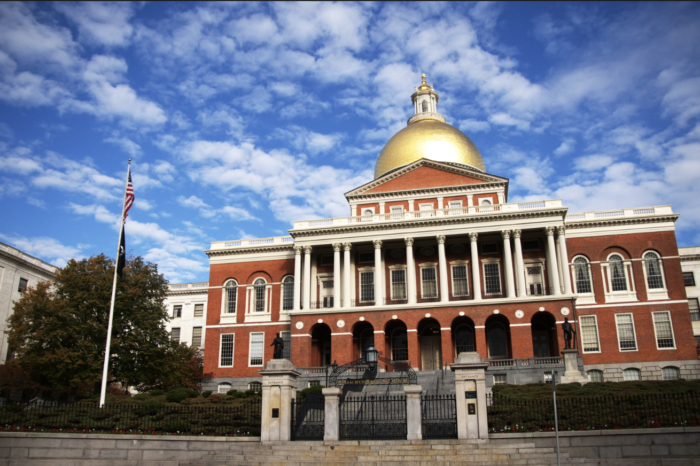The State Legislature Should Steer Clear of New Occupational Licensing Laws
The reach of occupational licensing laws has expanded greatly over the past half-century. In the 1950s, only 5 percent of the U.S. workforce needed a government-issued license to do their jobs. Now, almost 30 percent of workers require one. While everyone knows that doctors and lawyers have rigorous requirements, numerous jobs now require licenses. As the Institute for Justice found, over half the states require licenses for professions such as carpenters, head coaches, drywall installers, and makeup artists. These licenses often require thousands of dollars in fees, a bachelor’s degree, and more than a year of additional training.
Economists have roundly lamented the expansion of occupational licensing laws. Milton Friedman originally criticized occupational licenses as being motivated by a desire by current job holders to prevent competition and raise wages of license holders at the expense of everyone else.
The economic literature on occupational licenses finds that these laws raise the wages of license holders by roughly 15 percent. While that sounds good on its own, everyone else in the economy loses out in three ways. First, occupational licensing laws raise prices without improving the quality of service. Second, thanks to the barriers to entry they create, licensing laws reduce the number of jobs in the economy. Fewer workers and higher prices means fewer people end up choosing to buy the service—also known as deadweight loss. Lastly, unnecessary licensing laws lead to misallocation of resources: people have to spend time and money complying with the licensing requirements when they are already capable of providing the service. The Brookings Institution found that, thanks to these effects, occupational licensing laws reduce the size of the United States economy by $203 billion every year, and lead to 2.85 million fewer jobs.
Historically, it has been difficult to find enough data to model how occupational licenses impact the economies of individual states. However, a new report from the Institute for Justice has done exactly that. The report estimates that occupational licensing laws reduce the size of the Massachusetts economy by almost $8 billion, and lead to 64,000 fewer jobs.
One way to tell if an occupational licensing requirement is necessary for public health is if every state requires it. For example, as the Institute for Justice noted, Massachusetts requires five years of experience before people can receive a commercial sheet metal contractor license, along with a $370 fee. Over a dozen states do not license commercial sheet metal contractors at all, and do not seem to suffer from rampant public health incidents thanks to neglectful sheet metal contractors—so it seems doubtful that five years of experience is necessary.
Despite the pitfalls of occupational licensing the Massachusetts Legislature is considering several bills to expand occupational licensing laws. Reason Magazine highlighted three of them this January. One bill, SD.712, would create licensing requirements for interior designers. There’s no clear need for this regulation: unlicensed interior designers do not threaten public health. Furthermore, only three states (and the District of Columbia) require licenses for interior designers. Other bills would create licenses for drain cleaners and art therapists.
Instead of creating more burdensome licensing regulations that make it harder for lower-income people to find good-paying work, the state legislature should be removing or relaxing licensing laws to make the Commonwealth’s economy work for everyone.
Economist Morris Kleiner of the Brookings Institution put together a few steps for state governments to follow to reduce the burden of their licensing laws. The first is a comprehensive cost-benefit analysis of existing licensing regulations to determine if individual requirements actually improve service quality or public health. The second is licensing reciprocity: allowing people with licenses granted in other states to work in Massachusetts. And lastly, state governments can offer voluntary certifications in place of mandatory licensing requirements.
Some states have been recalcitrant about reforming occupational licensing laws because they often use exorbitant fees to raise extra revenue, rather than just cover the costs of the licensing boards. State governments are unwilling to give up a revenue source, but economists who have studied occupational licensing believe the economic growth produced by paring back occupational licensing laws would lead to higher income tax revenue, replacing most or even all revenue lost by removing those fees. Massachusetts’s state and local governments raise 10.3 percent of the state’s economy in tax revenue. Using the estimate that occupational licensing reform could grow the Massachusetts economy by ~$8 billion, that would mean over $800 million in new tax revenue for state and local governments.



